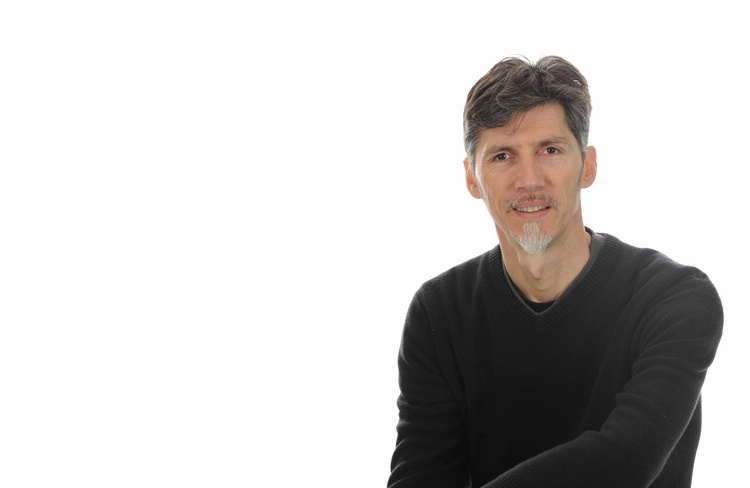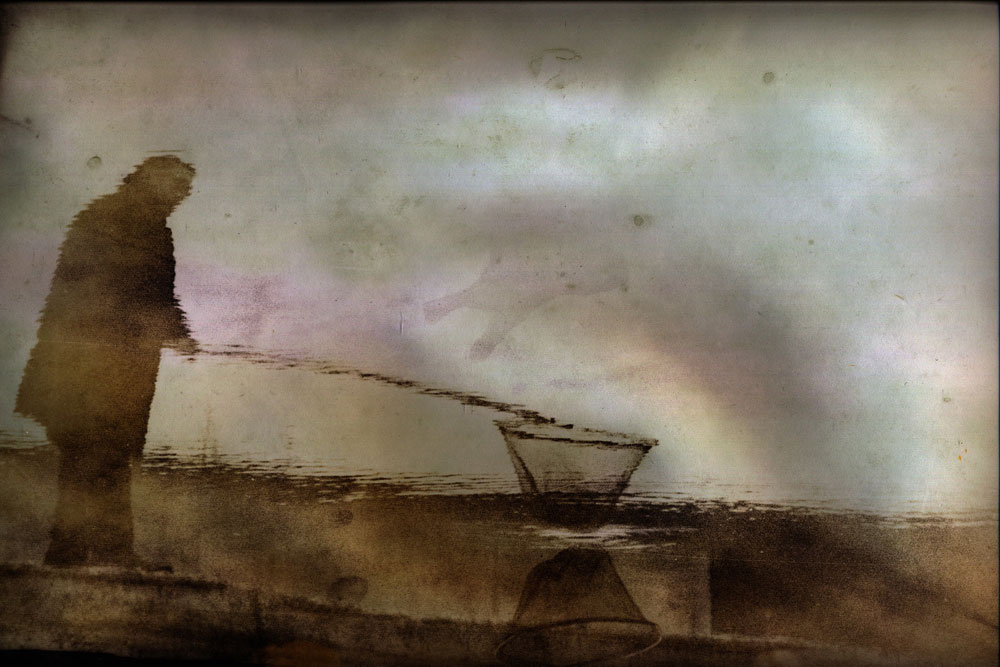Over the past 25 years, critically acclaimed photographer Robert Marnika has used his innate talent to capture a moment in time as a way to communicate his own feelings and document stories which reflect his life experiences.
Born in Zadar, Robert lived in his mother country of Croatia for the first 26 years of his life.
In 1991, when the talented photographer was 24 years old, the Croatian War of Independence broke out, inflicting bloody conflict onto the nation for over four years until its end in 1995.
Initially a photojournalist during the war, Robert later traded in his camera for a weapon to participate as a soldier, experiencing the pain and turmoil of conflict from both perspectives.
Once discharged from the armed forces, Robert worked in Zagreb as a translator for a humanitarian organisation, then moved to Italy in 1993 in search of a fresh start, with his then wife and four-month-old daughter joining him two years later.
After arriving in Rimini, Robert eventually settled in Bologna, where he would live for around 20 years.
“It was very painful because I was initially by myself until my family joined me, and I had to learn a new language and a new system of how everything works,” Robert explains.
“On the other hand, it was a very creative period because I met lots of interesting people and I did lots of exhibitions.”
Robert went on to establish a career out of his passion for photography, featuring in over 40 international exhibitions, and teaching his skills in Italy, Croatia and Spain.
Having studied chemistry at university in the 1980s, Robert has become as much a scientist as an artist over the course of his photographic career, dedicating a great deal of time to experimenting with chemicals and darkroom techniques.
His inventive mind and expansive imagination have seen Robert win several prestigious international prizes for his work, including first prize for his ‘Fragments of a memory’ collection at the 2006 FotoLeggendo Festival in Rome.
The collection is based on photographs taken during the war years in Croatia from somebody who experienced the full impact of the situation, not as a bystander, but as a direct victim of the conflict.
“I shot the photos in very difficult circumstances, and I found myself blurring and masking images because I didn’t want to see the reality that I was capturing,” Robert recalls.
“There was over a year of constant bombing and I stayed inside to keep safe, so I had lots of time to experiment in a darkroom I’d set up in my bathroom.”
The images, which expose Robert’s “dark and obscured” memories of that time and relive the nightmares that he experienced for a decade after the war ended, had such an immense impact that they were published as a book in 2009.
Entitled Zadar 1991: La guerra all’improvviso, the book is more or less a diary documenting Robert’s experiences before, during and after the war.
It was in Italy that Robert took his experimentation to another level, using self-made chemicals in a darkroom to create a truly unique affect in his photos, which come to look more like paintings.
Robert’s adventurous post-processing technique was first applied in his collection ‘Quadrumiki – Fisherman of the Soul’, which features an array of golden, sepia and silver tones and a mesmerising watery effect.
The series of pictures depict a fisherman, the symbol of modern mankind, set against a “dark yet dazzling” backdrop, which could make him seem almost trivial.
“Photography is the art of communication, and how you communicate your pictures depends greatly on your mood when you take them,” Robert explains.
“I created ‘Quadrumiki’ after the war, when I was away from my daughter and I was trying to fit into another country.”
Having recently moved to Melbourne, where he continues to teach photography and exhibit his work, Robert will share with us ‘Quadrumiki – Fisherman of the Soul’, showcasing eight pieces from the groundbreaking collection at the Castlemaine State Festival.
The talented photographer will open the exhibition at Falkner Gallery on March 18, alongside his daughter, who will be visiting from Florence.
The internationally acclaimed masterpieces, which Roberts refers to as his “children”, will be introduced by Italian writer Mariella Lancia at the opening.













